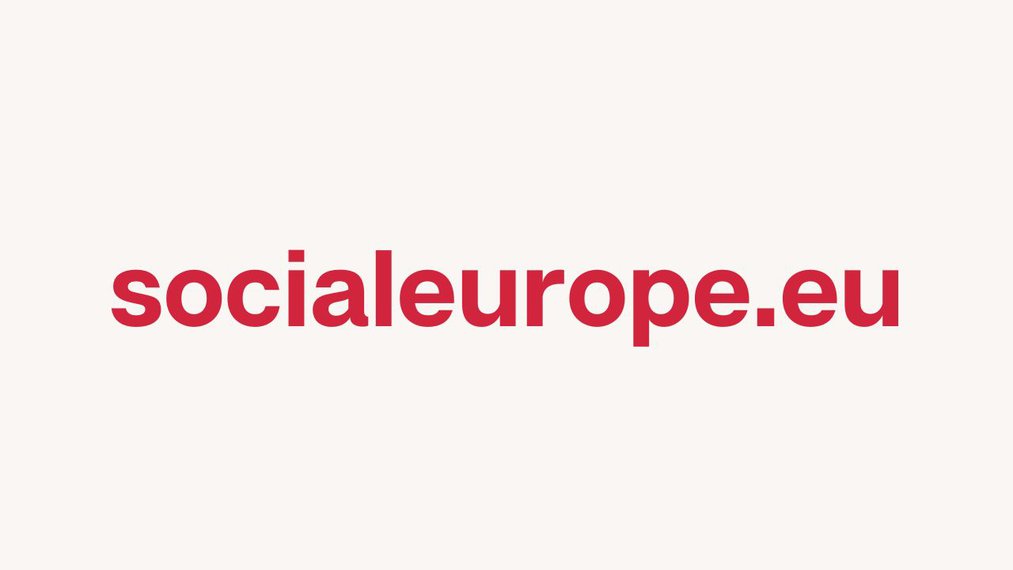
Covid-19, women and the economy—it’s not all about care
There has been a macroeconomic blindspot in feminist narratives of the pandemic which unwittingly limits the scope of critique.

There has been a macroeconomic blindspot in feminist narratives of the pandemic which unwittingly limits the scope of critique.

The pandemic threatens to exacerbate gender inequalities and reinforce the association between women and unpaid care—unless contrary action is taken.

The pandemic has deepened gender disparities. Central banks must recognise they have a role to play in reversing these trends.

The pandemic has had differential impacts on women. Raised consciousness about them must be applied to advance gender equality in recovery measures.

Work and life are often thought of as a zero-sum of hours in conflict but work-life balance also depends on investment in care and men’s full participation in the home.

International Women’s Day falls in the shadow of a pandemic which has hit women hard around the world.

If the 2008 crash brought on a ‘mancession’ of lost jobs, the sectors most hit by the pandemic employ mainly low-paid women workers.

The pandemic has proved not to be an equal-opportunity destroyer of economic and social wellbeing.